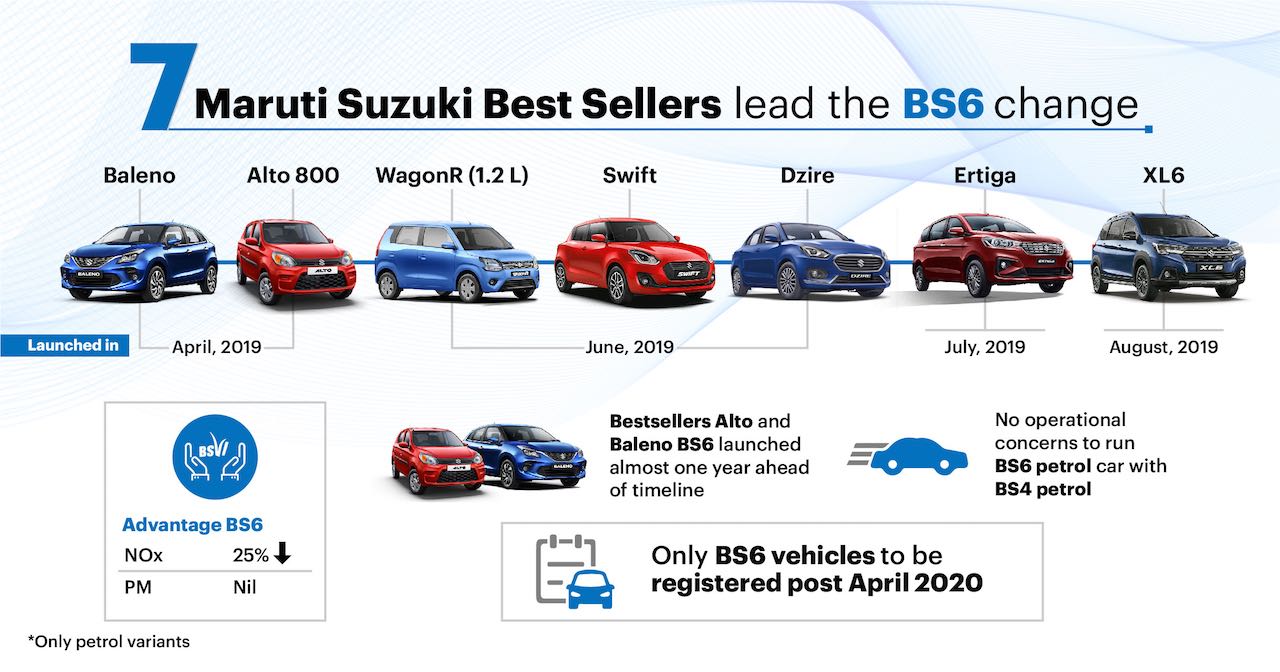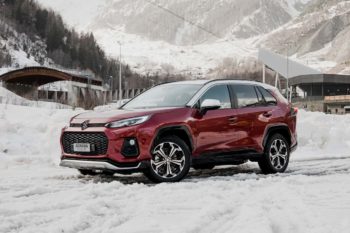Electric cars will be sold in large numbers in the country starting from the middle of this decade, according to Mr RC Bhargava, Chairman, Maruti Suzuki in an article he wrote for Forbes India. Mr Bhargava has talked about how the automobile industry has grown from the 2000s to now and how the future is looking like.
Writing about the progress of domestic sales of passenger cars, he says that developments in last decade has made a major impact. India has become the fourth largest market for passenger cars and the domestic sales reached 3.4 million cars in 2018-19 growing at 8 percent annually. This hasn’t been satisfactory when you consider the growth was at 15 percent in the previous decade. India’s car penetration lags behind many Southeast Asian countries at only 28 per thousand. On the other hand, exports increased to 680,000 units in 2018-19 with several global players setting up facilities here.
Automatic transmission car sales have increased to 12 per cent at the end of the decade owing to the introduction of low-cost AMT (Automated Manual Transmission) units. The passenger car market has also expanded beyond cities into rural towns and villages, where Maruti Suzuki sales have seen an increase of 40%, up from 5%.
Increase in the number of manufacturers with many global brands launching in India has given the consumers more choice and better technology. While Indian consumers have shown interest in sub-4-metre cars even with SUVs, they also wanted these cars to have connected features that are normally available in bigger cars. This has driven the price of small cars up but still has become one of the fastest-growing segments. Customers also wanted a better car buying experience leading to Maruti Suzuki launching the ‘Nexa’ showrooms.
With the government is interested in promoting alternate fuels to power automobiles, electric and CNG-operated cars will continue to grow in sales. The CNG station network has been rapidly expanding and the production of bio-fuels is also expected to grow significantly.
Talking about EVs, Mr Bhargava says:
Electric cars are required to reduce the import of oil and also for environmental reasons. Since India is a small car market and customers have limited buying capacity, it is essential that the price of electric vehicles is affordable. This isn’t the case now. The cost of batteries would need to come down before electric cars can be sold in large volumes. This would probably happen from the middle of the next decade.
Mr Bhargava says that if the government promotes car production as a means of increasing employment, domestic car sales would reach 10 million a year by 2030, as this will positively impact the component industry including steel, aluminium, glass, fabrics, rubber, electronics and electrical.
Source: ForbesIndia.com

![Next-gen 2022 Suzuki Swift with mild-hybrid arriving next year – Report [Update]](https://electricvehicleweb.com/wp-content/uploads/2021/02/Next-gen-Suzuki-Swift-2022-rendering-350x220.jpg)

![EV specialist develops Maruti Dzire Electric with 250 km range [Video]](https://electricvehicleweb.com/wp-content/uploads/2021/01/Maruti-Dzire-EV-Electric-charging-350x263.jpg)